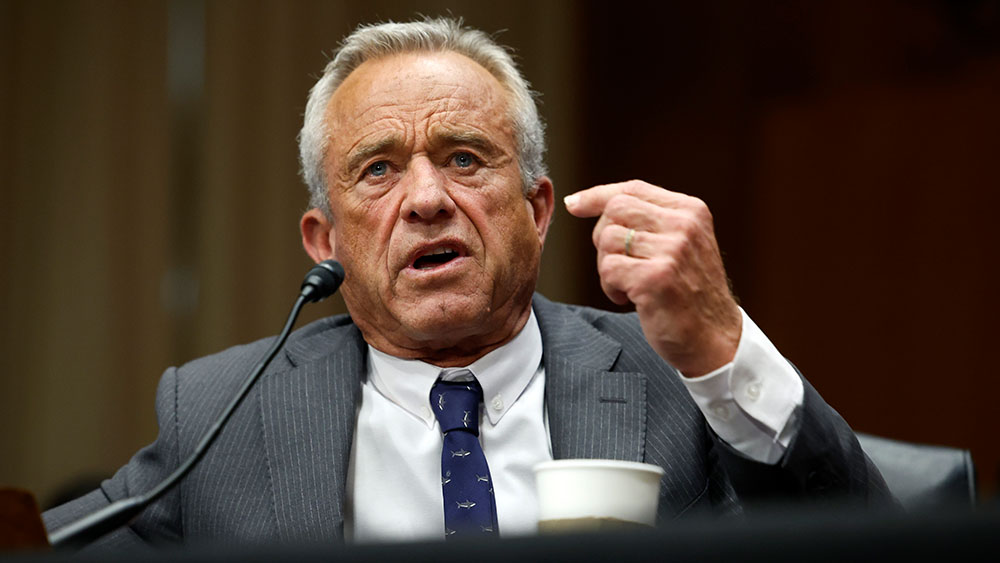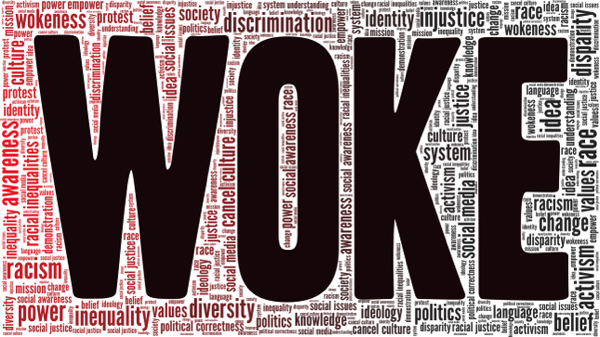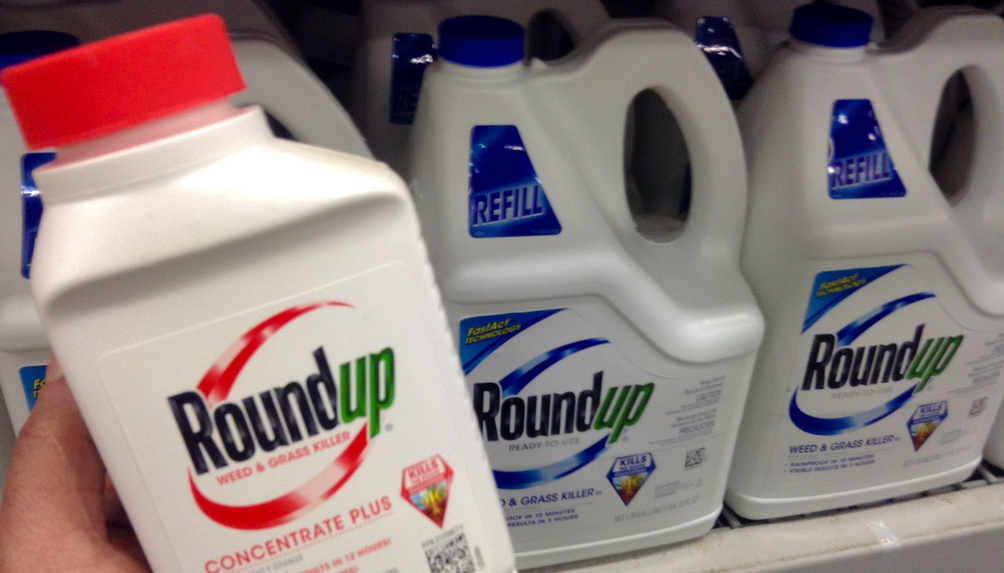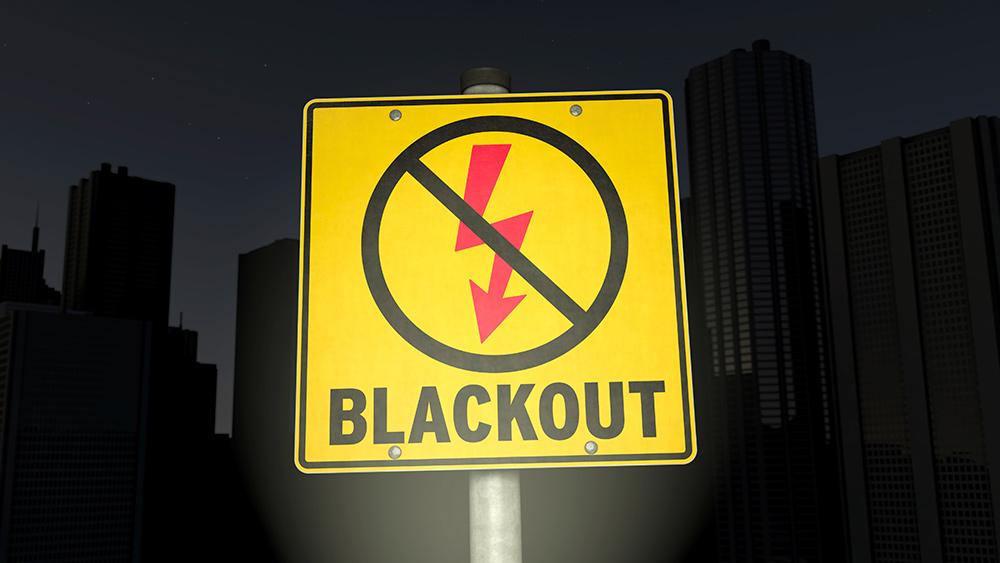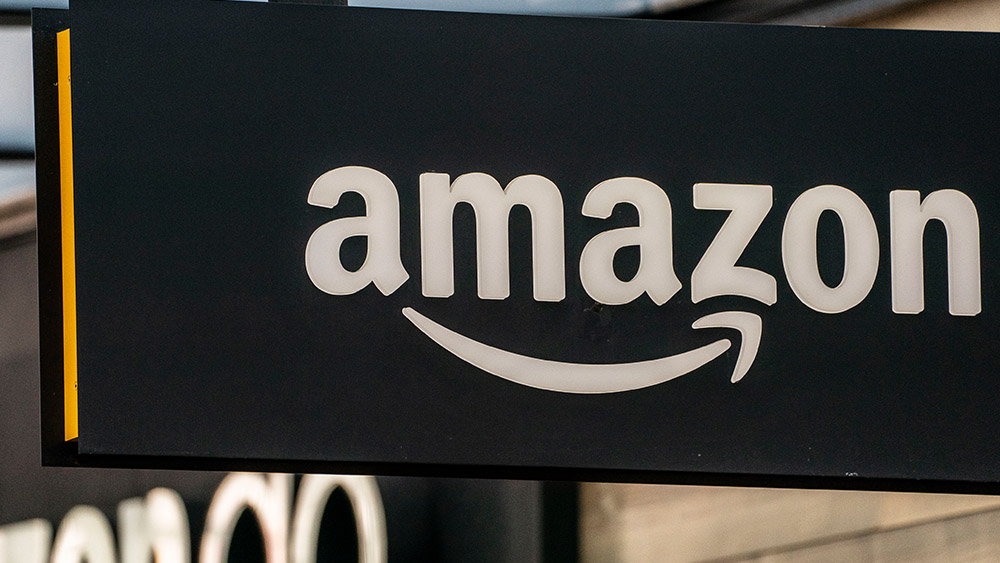RFK Jr. takes on Big Pharma: Can the Make America Healthy Again Commission save our kids from psychiatric overmedication?
By willowt // 2025-02-25
Tweet
Share
Copy

- President Donald Trump has appointed Health and Human Services Secretary Robert F. Kennedy Jr. to chair the Make America Healthy Again Commission, which will investigate the overuse of psychiatric medications in children and adolescents.
- The commission's primary targets include selective serotonin reuptake inhibitors (SSRIs), antipsychotics, mood stabilizers, stimulants and weight-loss drugs prescribed to young Americans.
- Between 2016 and 2022, antidepressant prescriptions for Americans aged 12 to 25 increased by 66%, raising concerns about the "medicated generation."
- Critics argue that overdiagnosis and overmedication of young people have led to a self-fulfilling prophecy where normal emotional struggles are pathologized and treated with powerful drugs.
- The influence of Big Pharma and the expanding market for psychiatric drugs are central to the debate, with critics accusing the pharmaceutical industry of expanding the market for medications among children and adolescents.
The rise of the "medicated generation"
The statistics are staggering. Between 2016 and 2022, antidepressant prescriptions for Americans aged 12 to 25 increased by 66%. Stimulants like Adderall, often prescribed for ADHD, have become a staple in classrooms across the country. Meanwhile, antipsychotics and mood stabilizers, once reserved for severe psychiatric conditions, are now routinely prescribed to children as young as six. This trend is not without consequences. Critics argue that the overdiagnosis and overmedication of young people have created a generation of "mental patients," where normal emotional struggles are pathologized and treated with powerful drugs. As Kennedy himself has noted, "Members of my family had a much worse time getting off of SSRIs than they have getting off of heroin." The mainstream medical establishment, however, has pushed back. The American Psychiatric Association (APA) insists that these medications are "very effective" and are prescribed "carefully" after other treatments, such as talk therapy, have been tried. But as the number of psychiatric diagnoses continues to climb — the APA's Diagnostic and Statistical Manual of Mental Disorders (DSM) now lists over 300 mental illnesses, up from just 60 in the 1960s — many are questioning whether we are medicalizing normal human behavior.The dangers of overdiagnosis
One of the most troubling aspects of this trend is the phenomenon of "prevalence inflation," where awareness campaigns and school programs encourage young people to interpret normal feelings of sadness, anxiety, or stress as mental health disorders. Oxford University psychologist Lucy Foulkes warns that these efforts can backfire, leading to a "self-fulfilling prophecy" where labeling distress as a mental health problem exacerbates symptoms. "School programs are creating this message that teenagers are vulnerable, they’re likely to have problems, and the solution is to outsource them to a professional," Foulkes explained. "This can lead some individuals to experience a genuine increase in symptoms, because labeling distress as a mental health problem can affect an individual’s self-concept and behavior in a way that is ultimately self-fulfilling." This overdiagnosis has real-world consequences. A 2023 study found that 60% of college students met the criteria for one or more mental health problems, a nearly 50% increase from 2013. Yet, as Dr. Allen Frances, a leading critic of the DSM, has pointed out, "Many of these so-called disorders are trivial or vague, leading to massive over-diagnosis and harmful over-medication."The role of Big Pharma
At the heart of this issue lies the influence of Big Pharma. Critics argue that the pharmaceutical industry has a vested interest in expanding the market for psychiatric drugs, particularly among children and adolescents. The DSM, often referred to as the "bible" of psychiatry, has been accused of manufacturing new diagnoses to justify the use of these medications. As Hungarian-American psychiatrist Thomas Szasz famously quipped, "Psychiatrists manufacture mental diagnoses the way the Vatican manufactures saints." This sentiment is echoed by Dr. Laurent Mottron, who criticized the latest version of the DSM as "full of vague and trivial definitions and ambiguous language that ensures more people fall into various, abnormal categories." The result is a system where children are increasingly medicated for conditions that may not even exist. For example, after the DSM redefined autism in the 1990s, the autism rate "quickly multiplied almost 100-fold." Similarly, the number of children treated for bipolar disorder increased 40-fold between 1993 and 2004.A call for reform
Kennedy's commission represents a rare opportunity to challenge the status quo. Over the next 100 days, the Make America Healthy Again Commission will investigate the "potential over-utilization of medication" and other unrecognized health perils in America. Its findings could pave the way for sweeping reforms in how we approach mental health treatment, particularly for young people. But the road ahead is fraught with challenges. The pharmaceutical industry, backed by powerful lobbying groups, will undoubtedly resist any efforts to curtail the use of psychiatric medications. Meanwhile, the mainstream media has already begun to portray Kennedy's commission as "more dangerous than any drugs prescribed to children." Yet, for those who have witnessed the devastating effects of overmedication firsthand, the need for reform is urgent. As Dr. Frances has warned, "Bogus mental illnesses have turned millions of healthy Americans into 'mental patients.'" The question now is whether Kennedy and his commission can succeed in reversing this trend—or whether the medicated generation will continue to grow. In the words of one protester at a 1986 APA meeting, "Sexual assault is a crime—not a mental disorder." Perhaps it's time we apply the same logic to the rest of our mental health diagnoses. After all, as Kennedy himself has noted, "A con artist with an MD is still a con artist." The stakes could not be higher. The future of our children—and our nation—depends on it. Sources include: JimBovard.com NYTimes.com ABCNews.comTweet
Share
Copy
Tagged Under:
brain function Donald Trump mental health politics Big Pharma conspiracy children's health Prescription drugs overdiagnosis big government deception Dangerous Medicine overmedication RFK Jr progress medical violence badhealth badmedicine pharmaceutical fraud MAHA
You Might Also Like
Democrats Accused of Reading From the Same Script to Criticize Trump’s Speech
By Finn Heartley // Share
U.S. stops sharing intelligence with Ukraine, pushes Zelensky toward peace talks
By Cassie B. // Share
By Lance D Johnson // Share
CDC and Merck caught cherry-picking data to hide Gardasil vaccine risks, court documents reveal
By Lance D Johnson // Share
Recent News
Earth-like soil patterns on Mars reveal clues to the planet’s climate history
By willowt // Share
Virologist who endorsed HCQ for COVID-19 appointed to top pandemic post at HHS
By ramontomeydw // Share


